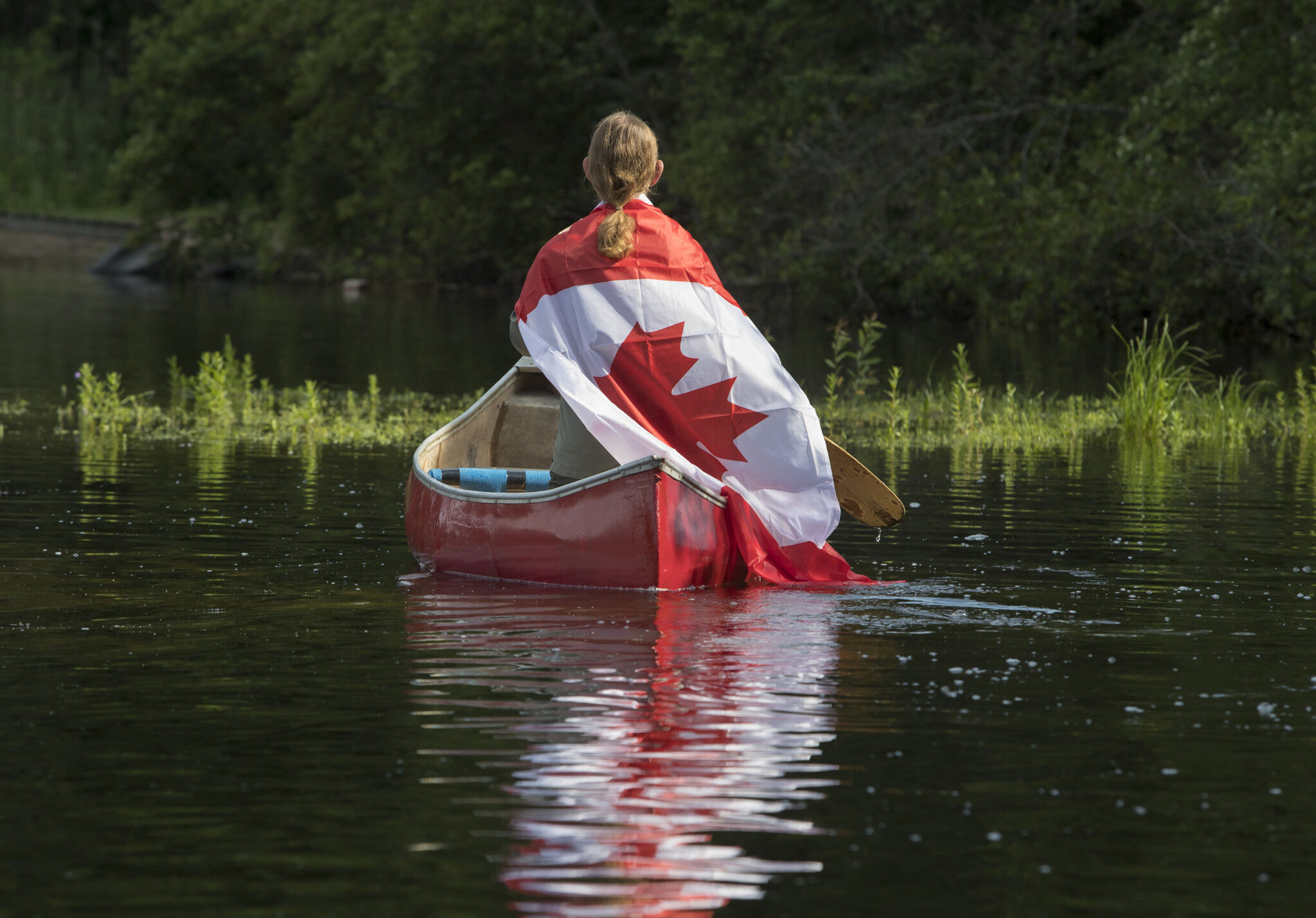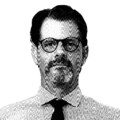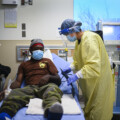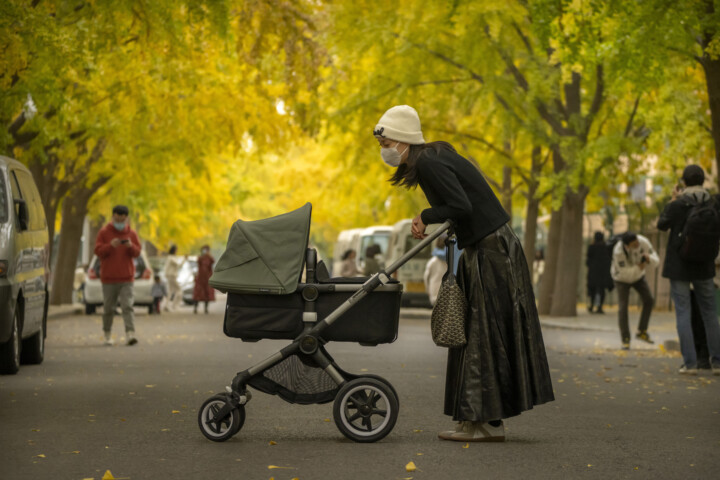J.D.M. Stewart taught high school history, among other subjects, for thirty years in Montreal, Panama City, and Toronto. This is the graduation address he would give to his students if the opportunity presented itself.
Students, parents and guardians, fellow teachers. Thank you so much for giving me the opportunity to address you, the graduating class of 2024. It is a special privilege for me to speak today as I move on from teaching after thirty years. I cannot think of a greater honour than to be able to be here with you.
It may not come as a surprise that in my final opportunity to be with you I want to talk mostly about one thing: Canada. You have heard me say in the classroom that Wilfrid Laurier, our first francophone prime minister, once said “Canada has been the inspiration of my life.” That has been a guiding principle for me throughout my career as a teacher—and actually before it as well.
Let me tell you why.
There has been a sentiment lurking about during your years in school positing the idea that Canada is a country not worth celebrating; that Canada should feel embarrassed by its history; that Canada is a country without an identity. I know one young person who said last year that she was afraid to wear her “Canada” t-shirt on July 1 for fear of being ridiculed. I felt this was a sad consequence for a country that has been the envy of the world.
Now, I know where some of this is coming from. Our prime minister has apologized repeatedly for numerous mistakes in Canadian history. It comes from media coverage of the reckless tearing down of statues of the country’s first prime minister, Sir John A. Macdonald, without checking the facts. It comes from those who say we should play down our military history and give it less attention in the classroom; and it comes from the crowd of people who feel that the only way forward for Canada is to find all of the things at which Canada has failed. This view is not the Canada that is celebrated in the world.
Take what happened last year in our own Parliament. Ursula von der Leyen, the president of the European Union, spoke to a joint session of the House of Commons and Senate. Here is what she said:
Tens of thousands [Canadians] lost their lives in the trenches of Belgium, in the heat of Sicily and on the beaches of Normandy on D-Day…The united democracies freed us from dictatorship. Thus, we owe our democracy also to you, the people of Canada. And we will be forever grateful for the sacrifice your parents and grandparents made, and for the invaluable gift of freedom.
That is high praise. Dr. von der Leyen gets it. She also reminded us that “You, the people of Canada, have built this country as a community that is open to all, beyond ethnicity, language or religion. A true community of values.”
I believe in Canada the way the president of the EU does. My view is not that different from Wilfrid Laurier’s, in fact. You have learned during your years at school that there have been moments in Canadian history that we wish had been different. That is perfectly normal and understandable. But Laurier said, “We cannot unmake the history of the past.” Then, I feel like he was speaking directly to you, Class of 2024, even though he spoke the following words in 1902:
“As to the history of the future, I hope it will continue to be what it is today, that is prosperity, cordiality, good fellowship, and goodwill amongst those whose privilege it is to be inhabitants of this good land of Canada.”
Of course, it will only be that way if you all play your part.
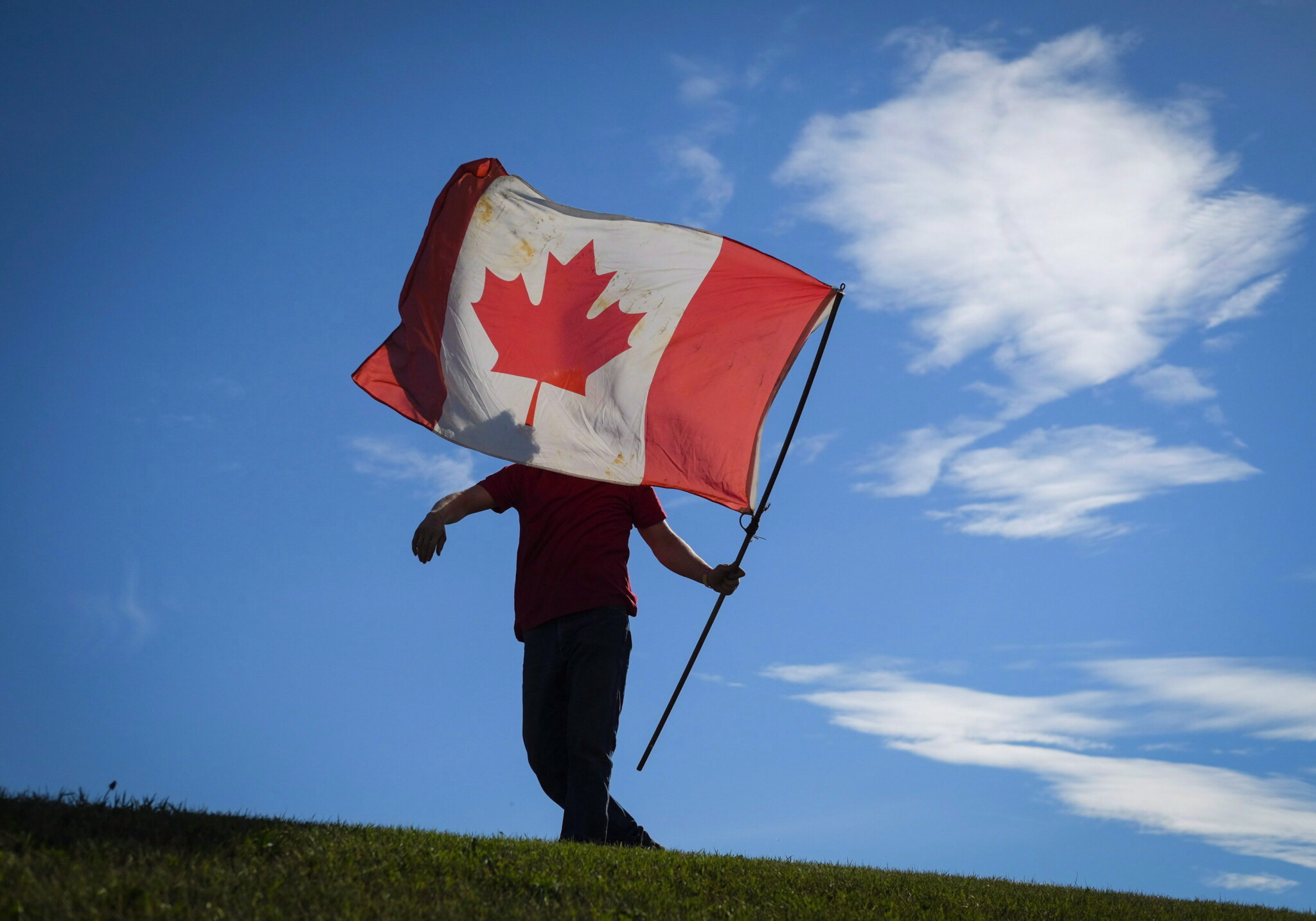
Lane Biron carries the Canadian flag before taking part in a parade during Canada Day celebrations in Cremona, Alta., July 1, 2016. Jeff McIntosh/The Canadian Press.
Enough about Canada—at least for now. I know that you are moving into a challenging world. One in which there is misinformation and disinformation; worries about owning a home one day; climate change; war. This is a difficult moment for everyone. But there are some universal truths that will stand you in good stead while you continue your education. When I dealt with many of you who worried about your marks, I always counselled that as hard as it may be to hear, the marks you get in high school will not mean anything in the future. What is more important is to be a good person. Do your colleagues want to work with you on a team? Do you smile when interacting with people? Are you respectful? Do you use their names in conversation? I even have a note card from a student who graduated a few years back who told me how important this lesson was.
I also encourage you to speak up with confidence. Use your voice. Speak up when you hear something inappropriate. Speak up when you disagree. Many of you, I know, have felt it is better to be silent than to offer your opinion for fear of being judged. That is not the kind of society we want. If there are no debates on issues of the day, how will we make a better country? Listen to others and ask others to listen to you. Seek common ground. That may sound difficult, but the more you try to find common ground, the more others will, too.
I want to conclude by circling back to Canada. Some years ago there was a well-known British Columbia journalist named Bruce Hutchison. Very famous in his day. In 1942 he wrote a book called The Unknown Country, where he said, “No one knows my country, neither the stranger nor its own sons.” You have a great future ahead of you and many of you will travel. But make part of that travel discovering what Canada is about. This country is vast and the only way for all of us to understand each other better is to meet with people from different parts of this great Dominion. When Laurier went to western Canada for the first time he said upon his return, “I left home a Canadian to the core. I return ten times more a Canadian.” Maybe you will feel the same way.
In the end, all of this is up to you. You are the agent of your own success. You will decide how to spend your time. Each of you can make your own difference in your own community, in your own chosen profession. Canada actually relies on all of you to continue working to make it the best country it can be. And knowing something about how we got here is essential. You may not know this, but the motto of the Order of Canada, the country’s highest civilian honour, is Desiderantes Meliorem Patriam: They Desire a Better Country.
In my final words to you as a teacher, I urge you to be part of the national project that is Canada. Make it a better country.
